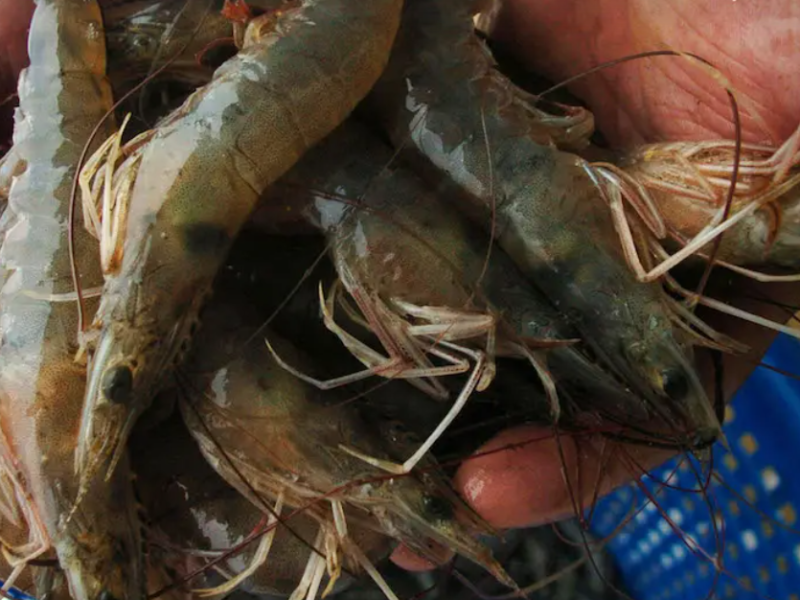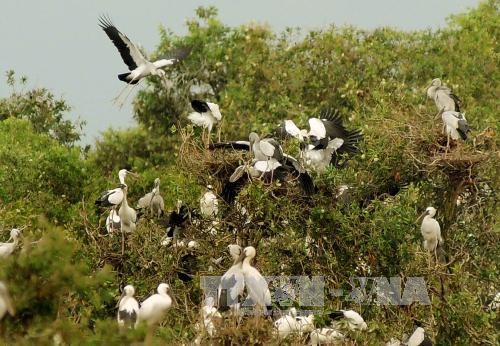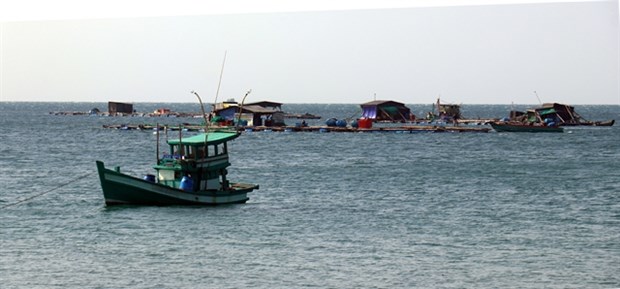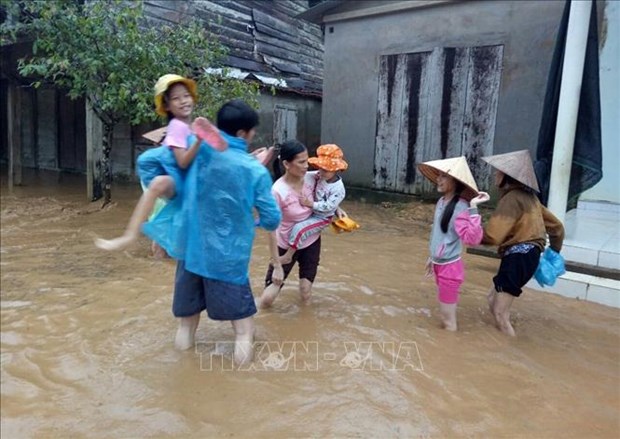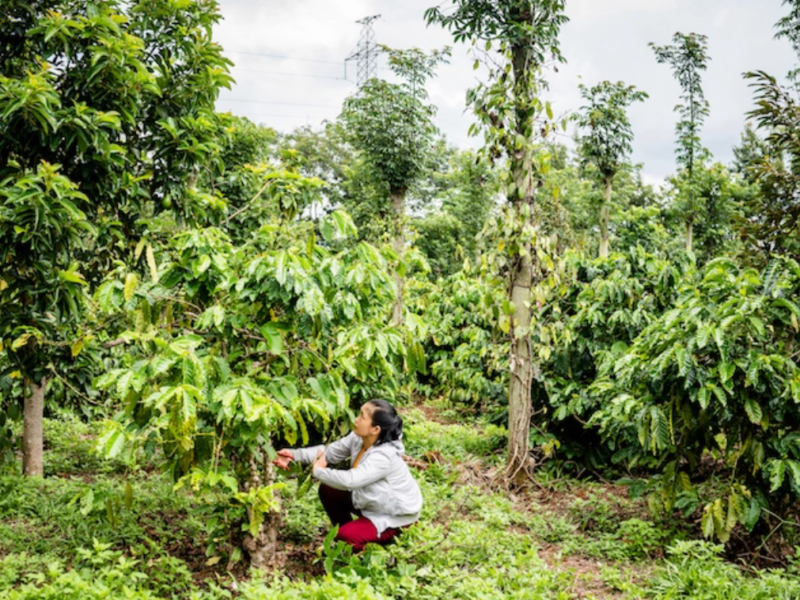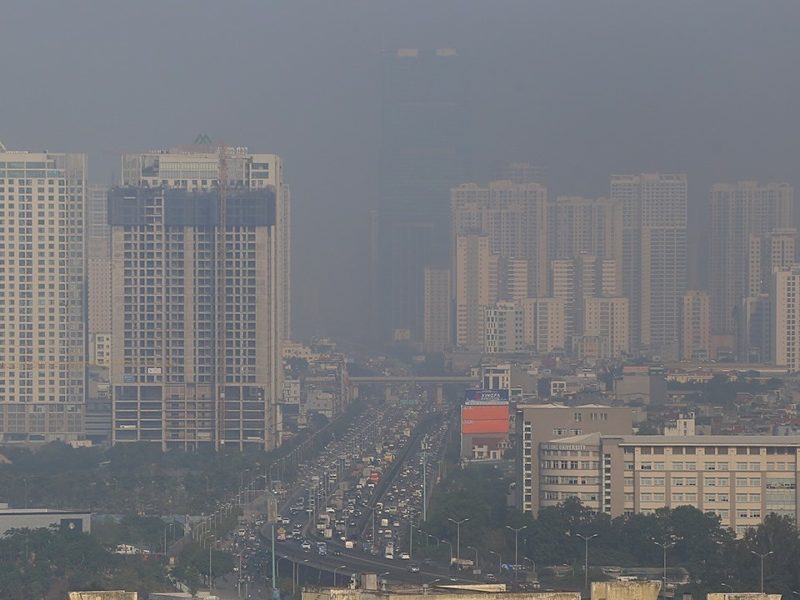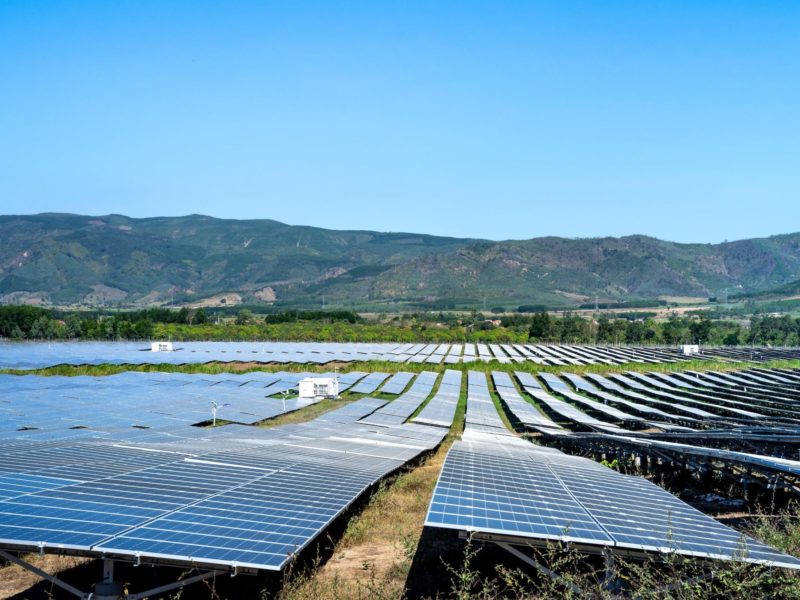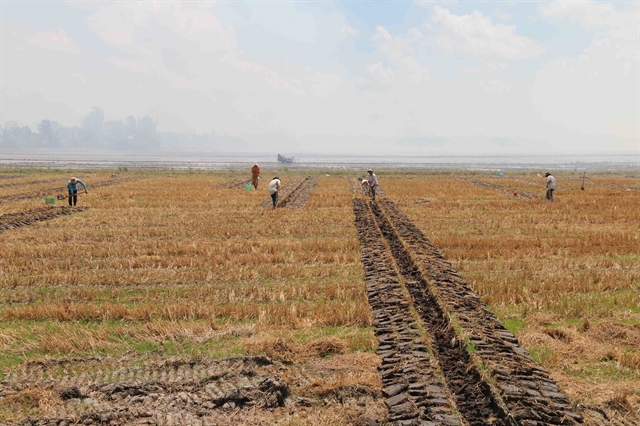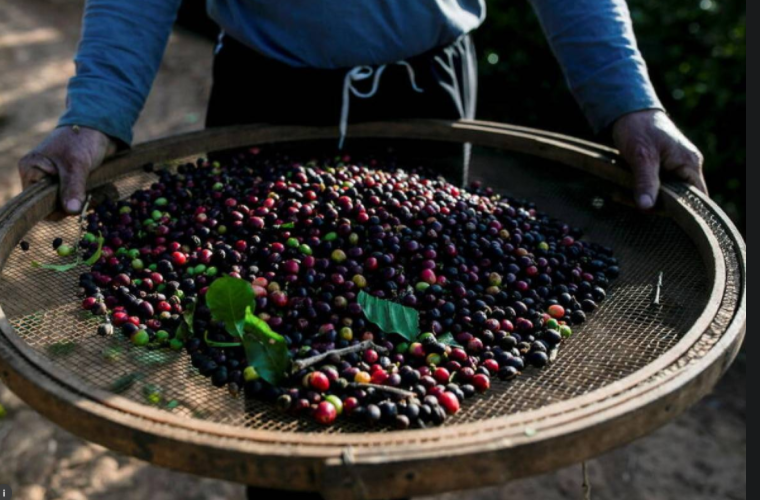Shrimp waste ends up becoming a toxin all its own, but add to that the various chemicals and hormones aqua farmers are injecting into their shrimp, and you’ve got an even greater problem.The lengthy and complicated supply chain that brings the majority of shrimp into the West from farms in Indonesia, Vietnam, and Thailand burns an awful lot of fuel. Furthermore, some shrimp farms in Vietnam have been injecting their shrimp with a carboxymethyl cellulose gel to make them plumper. It’s not toxic to humans, but it’s certainly not above board, either. And shrimp farms in Thailand have even been accused of human trafficking, child abuse, and slavery,
Category: Viet Nam
USAID to provide Mekong Delta conservation assistance
Includes support to launch the Mekong Coastal Habitat Conservation project, a new three-year, up to $2.9 million project with the International Union for Conservation of Nature. This project aims to protect key coastal habitats in the Mekong Delta region to increase the sustainability of fisheries, enhance climate change adaptation and improve biodiversity conservation.
Measures sought to control tiger trading, conservation
The People and Nature Reconciliation (PanNature) on August 24 organised a seminar looking back on the captivity, trading, rescue and conservation of tigers in Vietnam after the recent seizure of 17 tigers in Nghe An province.
Sustainable agriculture: economic backbone of Mekong Delta province
Le Huu Toan, deputy director of the department, said the province, which is the country’s top rice producer, has already sown two rice crops, with high-quality varieties accounting for 80 percent of the total area. It aims to have annual paddy output of 4 million tonnes this year, up 1.3 percent against the plan this year.
Vietnamese children vulnerable to air pollution, flooding: UNICEF report
The report, namely ‘The Climate Crisis Is a Child Rights Crisis: Introducing the Children’s Climate Risk Index’, is the first comprehensive analysis of climate risks from a child’s perspective. It ranks countries based on children’s exposure to climate and environmental shocks, such as cyclones and heatwaves, as well as their vulnerability to those shocks, based on their access to essential services.
Deforestation-free supply chains in Vietnam rely on working with small scale farmers
Almost all of the forest-based commodities produced in Vietnam are destined for other countries, which through their market requirements and laws, have a growing sway on deforestation-related trends and practices.
Air pollution cuts Hanoian lifespan by 2.5 years: study
This is the first study to use data provided by local authorities to evaluate the burden of disease caused by impacts of PM2.5 dust pollution on public health in Hanoi.
Trà Vinh Province to rapidly improve irrigation to foster agriculture
In 2021 – 25, besides prioritising dredging of irrigation canals and expanding irrigation systems, the Mekong Delta province also plans to invest another VNĐ3.42 trillion (US$149.3 million) in 50 agricultural infrastructure projects.
INSIGHT – If your coffee’s going downhill, blame climate change
The expansion is challenging Vietnam’s longstanding robusta dominance, while squeezing smaller players, increasingly leaving output concentrated in fewer regions and more vulnerable to price spikes if extreme weather occurs.


